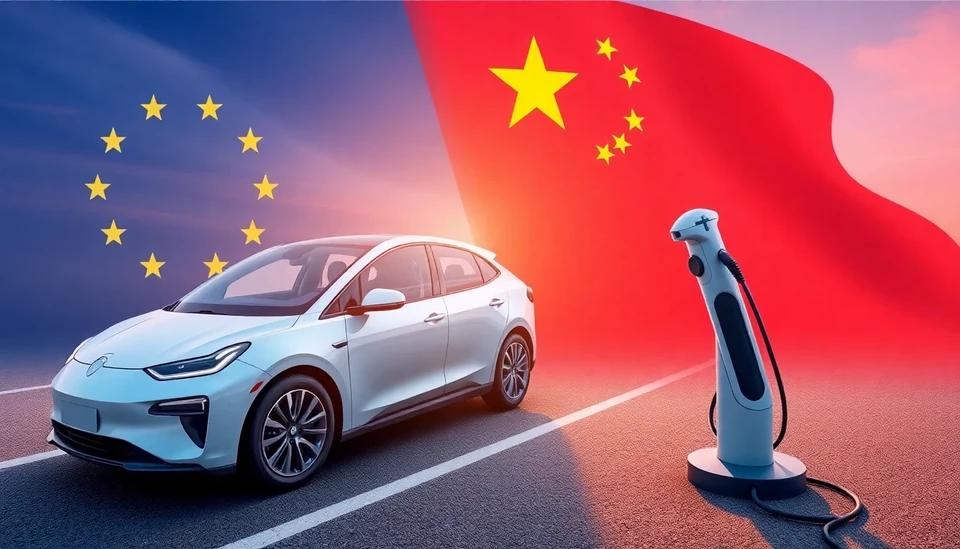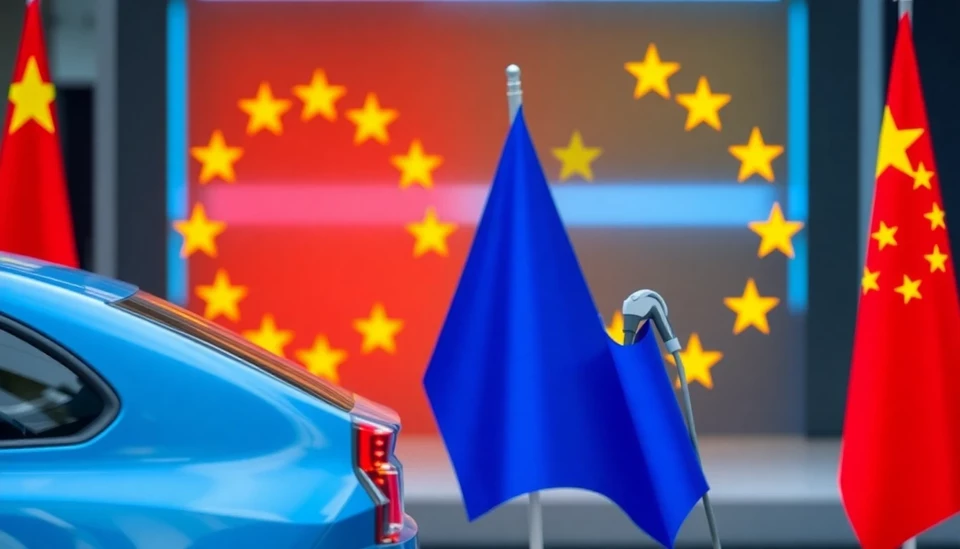
In a significant development on the international trade front, European Union (EU) and Chinese officials have reported substantial progress in negotiations aimed at averting potential tariffs on electric vehicles (EVs). This effort arises amid tensions that threaten to escalate into a damaging trade dispute affecting one of the fastest-growing sectors in the automotive industry.
The discussions have been taking place against a backdrop of rising protectionist sentiments globally, particularly concerning green technologies. Both sides have acknowledged the importance of maintaining open trade channels to foster collaboration in the burgeoning EV market, which is essential for achieving climate goals and fostering innovation.
The EU's considerations to implement tariffs on Chinese-made electric vehicles have raised alarms within China. These measures, aimed at safeguarding local manufacturers from what some EU officials deemed unfair competition, could lead to reciprocal actions from China, compounding challenges for both economies. However, this latest round of talks suggests a willingness to explore alternative solutions that could satisfy both parties’ interests without resorting to punitive tariffs.
Chinese officials expressed optimism that these negotiations could lead to a mutually beneficial framework for trade in EVs, noting the common ground between the two economies in promoting sustainable infrastructure. The discussions appear to center on establishing clearer standards for EV products and technologies, which would assist in leveling the playing field.
Meanwhile, the EU remains keen on ensuring that its own automotive industry can compete fairly while transitioning towards a greener economy. The potential for tariffs has sparked fears within Europe’s automotive landscape, especially among manufacturers eager to leverage China’s advanced technologies to transition to electric models effectively.
As negotiations continue, both the EU and China are under pressure to display progress to their respective industries and stakeholders, many of whom are watching closely to understand how emerging policies will shape the future of the EV market. The outcome of these deliberations could have profound implications, not only for trade relations between these two economic powerhouses but also for the global landscape of electric mobility.
In conclusion, while the path towards reaching a comprehensive agreement remains complex, the ongoing dialogue between the EU and China serves as a critical touchpoint in addressing the challenges and opportunities within the global electric vehicle market.
#EVtrade #ChinaEUrelations #ElectricVehicles #TariffNegotiations #SustainableTransport
Author: Laura Mitchell
